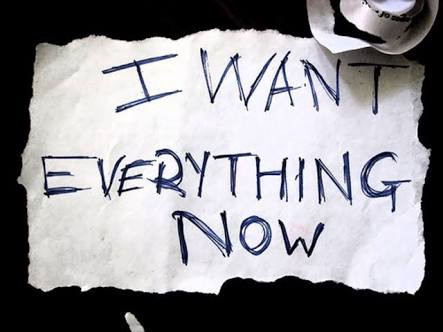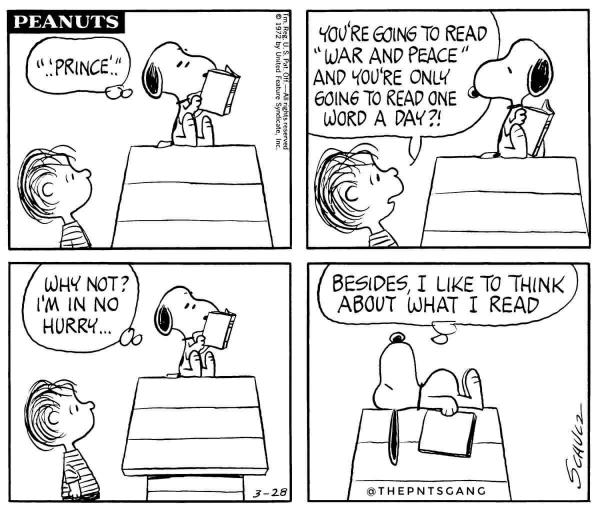What if we just outlawed INSTANTNESS in social networks?
To see what I mean, let’s start from some facts (emphasis mine):

- In Myanmar, “Facebook struggled to manage the RAPID spread of hate and misinformation across WhatsApp”
- [on social media] “the ability to connect and share information SO QUICKLY, as well as the INSTANT gratification people give and receive over their posts has resulted in some negative consequences”
- “Instagram is huge when it comes to misconceptions and INSTANT gratification”
- Facebook is nearly unstoppable [because of] “INSTANT gratification loops. The MORE content you post, the more “likes” you get”
- “We almost do things specifically to post them on Facebook and then to get that feedback, to get that INSTANT gratification, and that’s not healthy
- [WhatsApp’s ease of use] “allows for the spread of falsehoods at a STARTLING SPEED to huge amounts of people”
- in March 2018, the major social networks were unable to block copies of the Christchurch attacks video being uploaded every minute
- On Easter Day, 2019, just a few hours after the bombings in Sri Lanka, “so many false reports about the carnage were already circulating online” that a tech journalist thought it was good to temporarily shut down Facebook and Youtube
SPEED is of the essence. And that is the problem

Where there is “instant gratification” there also is just as much instant amplification of negative feelings.
The polarization and “trash first” policies that are needed by today’s social media platforms spill into real life, contributing to what has been called “the unsullied conviction of the worthlessness of another”. The statements above say that both polarization and the unstoppable spreading of violence and falsehoods depend on, and are a direct consequence of, the instantness of today’s mainstream social media and messaging systems.
Measures like “breaking up Facebook” (*) would do absolutely nothing to solve the problems listed above. NOTHING. And any expectation that digital platforms could detect and block in real time endless (re)uploads of violent content is wishful thinking, period. But imagine, just for the fun of it, if online instant gratification became impossible by design.
Imagine a world…
Imagine a world in which messaging on WhatsApp is actually real-time only between two individuals, but all messages to and from groups are automatically delayed of, say, 10 minutes. Think the tons of stress avoided on “school class parents” groups alone.
Imagine a world in which Youtube stops being usable as terrorist aid, or “Great Radicalizer”, simply because, the more videos you ask it to show you in one session, the more it pauses between one video and the next (1 more minute every 5 clips?) .
Imagine a world in which, every time you uploaded anything to Twitter, YouTube, Facebook, Instagram, Snapchat, whatever… it only and always became visible, by design, no less than 10 minutes later. Imagine a world in which the same happened to any reaction to that same content, be it likes, replies, tagging people or resharing.
Imagine all this happening on any online social platform. All the time, to everybody, automatically. NO censorship and no “upload filters”, just the bare minimum of slowness needed to maintain personal and public sanity. The knowledge itself of this slowness would reduce the amount of trolling and selfies posted in the first place. Real people, trolls included, get bored of trolling very quickly if it is “slow”. And trollbots become much less effective.

I am aware that such a feature would, for example, may also prevent real time reporting of violence, or real time denounces of, say, police or government abuses.
Still, this single (relatively) very simple and cheap to implement “feature” may do more to fight anxiety, internet addictions, polarization and online hate speech than any other grandiose scheme that circulates these days. Oh, and it would also be immensely easier to define, verify and enforce, that is “regulate”. Please let me know what you think. Slowly, of course, either by email (mfioretti@nexaima.net) or Twitter.
IMPORTANT: I have had the almost complete draft of this post sitting in my computer since two days after the Christchurch shootings but for some reason never got around publishing it. What finally helped d me to do it today was another post on the same general topic published yesterday by Christian Fuchs: how to renew debate with slow media.
(*) antitrust-based regulation of digital platforms like Facebook is useless anyway, of course
Who writes this, why, and how to help
I am Marco Fioretti, tech writer and aspiring polymath doing human-digital research and popularization.
I do it because YOUR civil rights and the quality of YOUR life depend every year more on how software is used AROUND you.
To this end, I have already shared more than a million words on this blog, without any paywall or user tracking, and am sharing the next million through a newsletter, also without any paywall.
The more direct support I get, the more I can continue to inform for free parents, teachers, decision makers, and everybody else who should know more stuff like this. You can support me with paid subscriptions to my newsletter, donations via PayPal (mfioretti@nexaima.net) or LiberaPay, or in any of the other ways listed here.THANKS for your support!